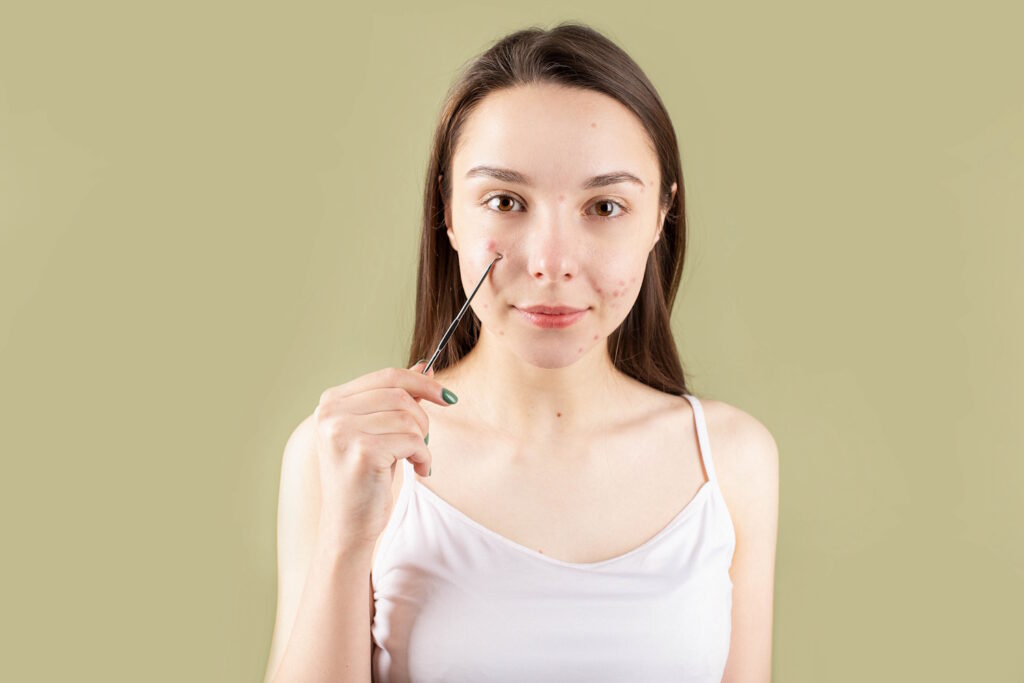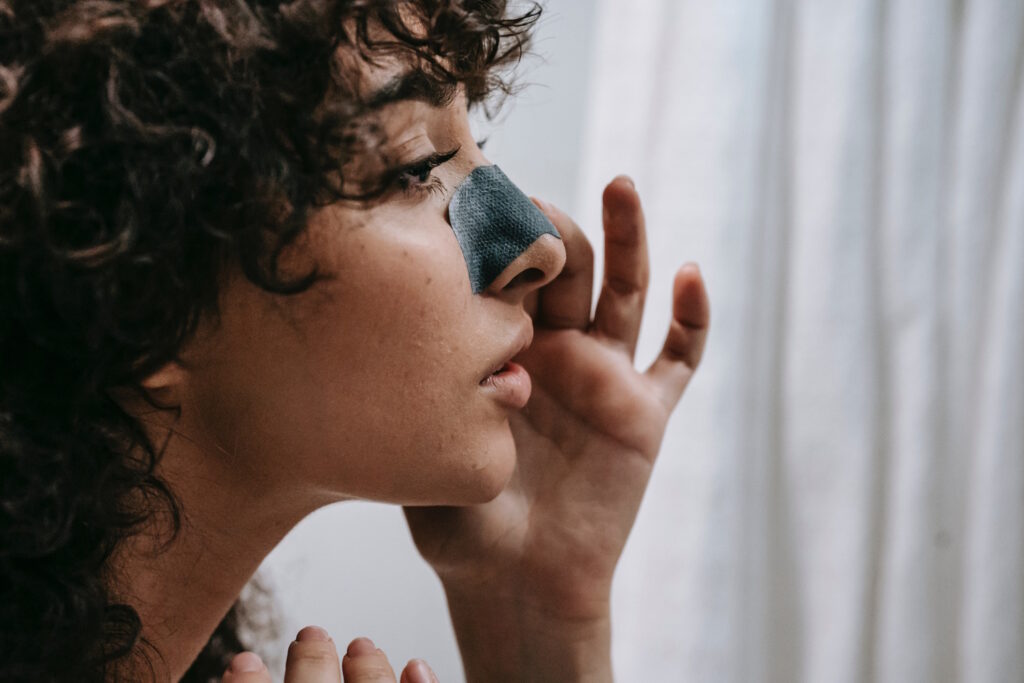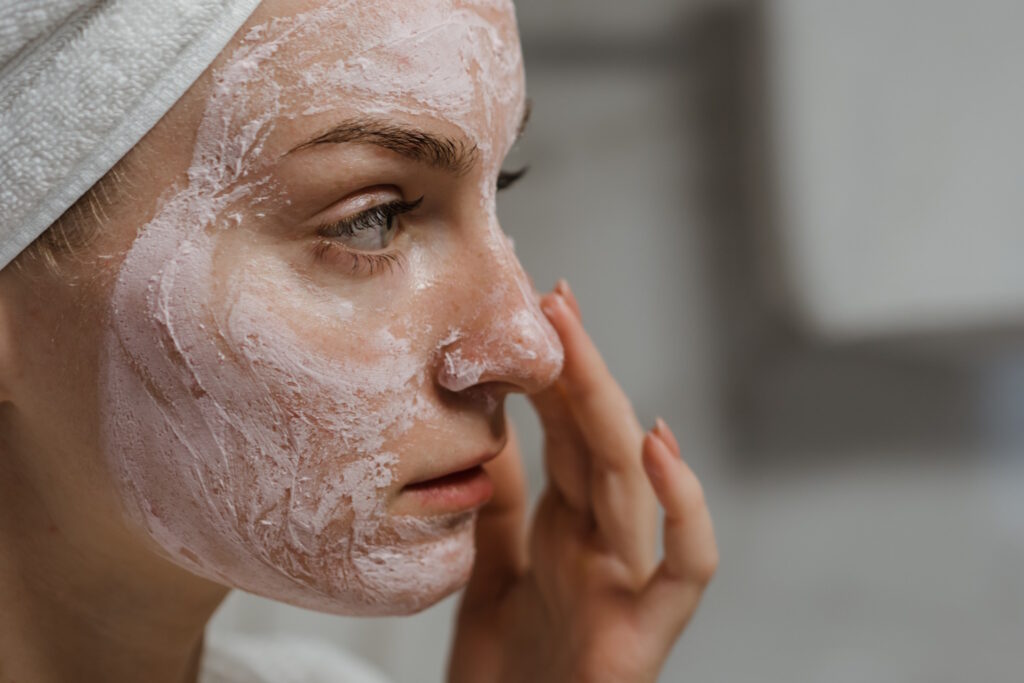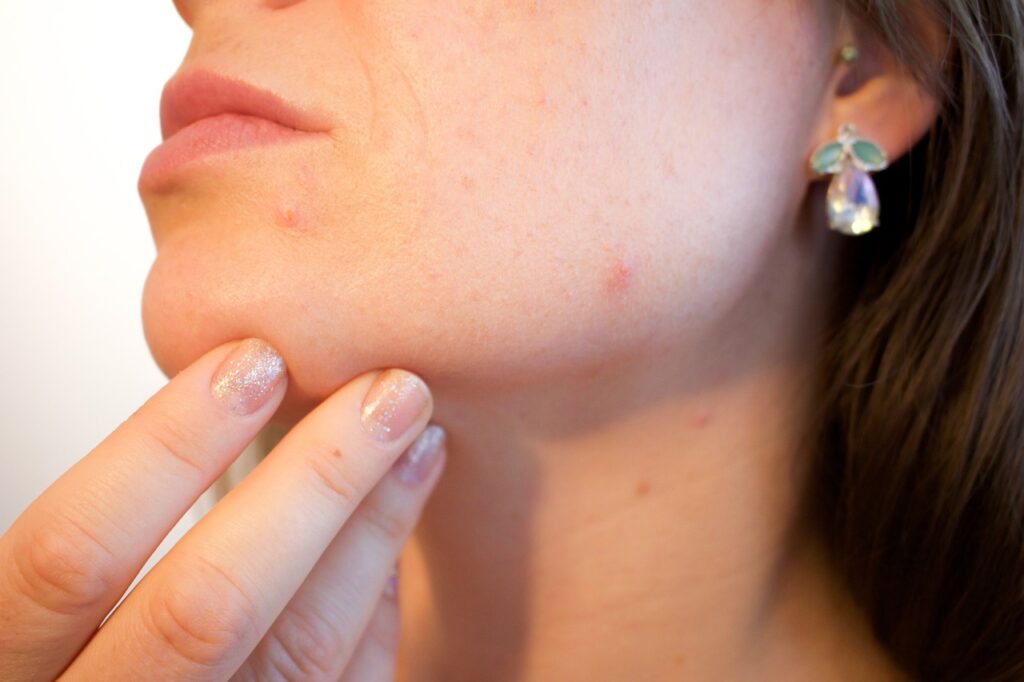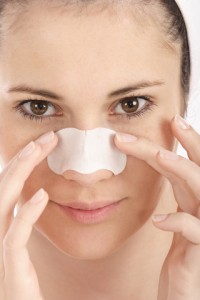 Welcome to our skin care site dedicated to providing you with advice on how to remove blackheads and other great skin care tips for beautiful, clear skin.
Welcome to our skin care site dedicated to providing you with advice on how to remove blackheads and other great skin care tips for beautiful, clear skin.
We provide information on everything from effective but inexpensive home remedies, to product reviews of popular skincare products as well as information about the latest dermatologist treatments.
To find the information you are looking for, please make use of the ‘site index’ link at the top of the page to browse all the articles and product reviews.
| | |||
|---|---|---|---|
 |  |  |  |
| Dr Brandt Pore Vacuum | Dermalogica Microfoliant | Vacuum Blackhead Remover | Olay Pro X |
What Is The Best Way Of Treating Blackheads?
Blackheads are unsightly blemishes, caused by excess oil that has clogged a pore, tend to appear on the oily parts of the face, the nose, chin and forehead and look like tiny black plugs; the open pore exposes the trapped oil to the oxygen in the atmosphere, which is what turns it black.
There are different views on treating blackheads. Harsh squeezing of them is not recommended, but very gentle pressure applied to the surrounding area is thought to be the simplest, more effective method.
“Popping” releases the trapped oil, which relieves the pressure that is causing the damage to the skin. Care must be taken not to apply too much pressure, however, as this could cause scarring and make the skin look even worse.
The best method of blackhead removal is to use a very gentle facial scrub on damp skin to get rid of dead skin cells on the surface of the skin. Next, pat your face dry with a clean washcloth.
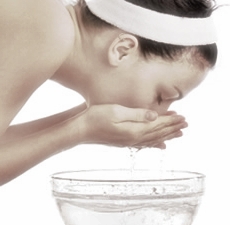 Wet the washcloth with warm water, wring it out and place it over your face for around 15 minutes. Relax and let the warmth soften the contents of the blocked pores, which should make them easier to remove.
Wet the washcloth with warm water, wring it out and place it over your face for around 15 minutes. Relax and let the warmth soften the contents of the blocked pores, which should make them easier to remove.
Do this by first, patting the skin dry again, then take a piece of tissue and hold it over the blemish; use the tips of both index fingers to apply even pressure to either side . Try to apply the pressure from underneath the blemish. If it will not “pop” after a couple of attempts, leave it alone.
Focus on caring for your skin over the next few days, kep it free of heavy products and cosmetics as much as possible, and drink plenty of water to hydrate the skin. Use a very mild facial scrub every day.
Try the above method again a few days later, and you may have more success. The aim is to encourage the black ‘plug’ blocking the pore to come up to the surface of the skin and eventually ease it out completely. Continue reading

